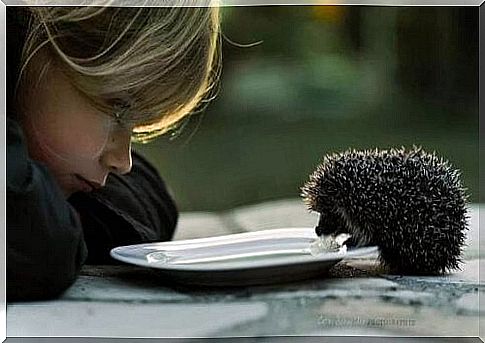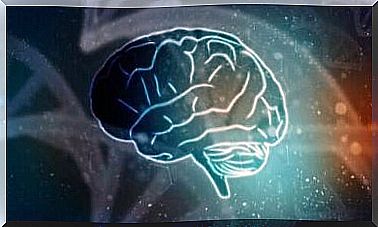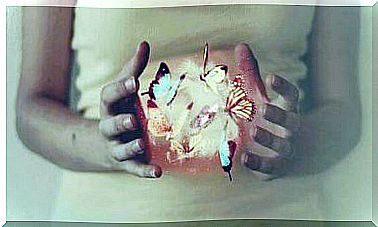Kindness Is Good For The Brain According To Studies

Kindness is not easy to define. The word is linked to empathy and solidarity, but is not limited to these descriptions. It is not just a trait, but a human value. It is informed and enriched by an ethical decision, which means that it is more than an ability. In fact, kindness is good for the brain.
In dictionaries, kindness is defined as the tendency to be good. The problem is that “good” is a relative concept. A more accurate definition would be that kindness is the ability to feel compassion. In other words, to feel other people’s suffering as if it were your own and try to solve it.
This fine virtue does not only apply to other people; we also express kindness to other living beings. It can even be applied to things that are not alive and interpreted as the desire to preserve something as it is. This means that we can show kindness to a painting or a stone on the road.
Kindness is good for the brain, but the reason it is a superior virtue is that it involves so many other virtues. In kindness we find love, respect, solidarity, generosity and many other things. It suggests considerable spirituality and mental development.
Researchers have also been able to prove that kindness is a traceable ability in the brain thanks to a number of different studies. They have shown that kindness is good for the brain and that it is the basis for a significant quality of life.
A group of researchers at the University of Oxford and University College of London have identified the area of the brain that appears to be linked to kindness. The group was led by Dr. Patricia Lockwood and worked with a group of volunteers. They asked them to think about which symbols were beneficial to themselves and to others.

While the volunteers performed this task, they were monitored with magnetic resonance imaging. The experiment encouraged volunteers to consider and evaluate the way the symbols could help other people. They had to determine whether each symbol worked only for themselves or if they were also useful for others.
When each volunteer discovered the way the symbol helped others, only one area of the brain was activated. This zone is called the “anterior girdle coil”. Of course, kindness is not just about brain function. We must remember that this amazing organ has enormous plasticity – its function is shaped by experiences and behavior.
Neuropsychologist Richard Davidson conducted a study at the University of Wisconsin after a trip to India. In 1992, he met the Dalai Lama, who asked him questions that strongly influenced him: “ I admire your work, but I think you are very focused on stress, anxiety and depression; have you not considered focusing your neuroscience studies on kindness, tenderness and compassion? ”

Richard Davidson has conducted a number of different studies related to this issue. He showed, for example, that certain structures in the brain can change in just two hours. He also showed that to get a calm brain you only need a couple of hours of meditation. This was measured scientifically in his lab.
In the same way, he found that the nerve pathways of empathy are not the same as those of humanity. To arrive at humanity (another form of kindness) need to take Sensitivity, sympathy and empathy the way.
At the highest level is humanity. Compassion is a step beyond the ability to perceive, feel and understand the suffering of another person; it suggests a willingness to act when witnessing the suffering of others.
Davidson also discovered that kindness and tenderness increase well-being in different areas of life. In a study of children and adolescents, several cerebral changes were documented when the researchers taught them to be more compassionate and tender.
All showed improvements in school and had better mental health. The ability to be humane is something you can learn. Kindness is the result of a deliberate effort to improve our inner self, and these studies show that kindness is good for the brain in several different ways.










